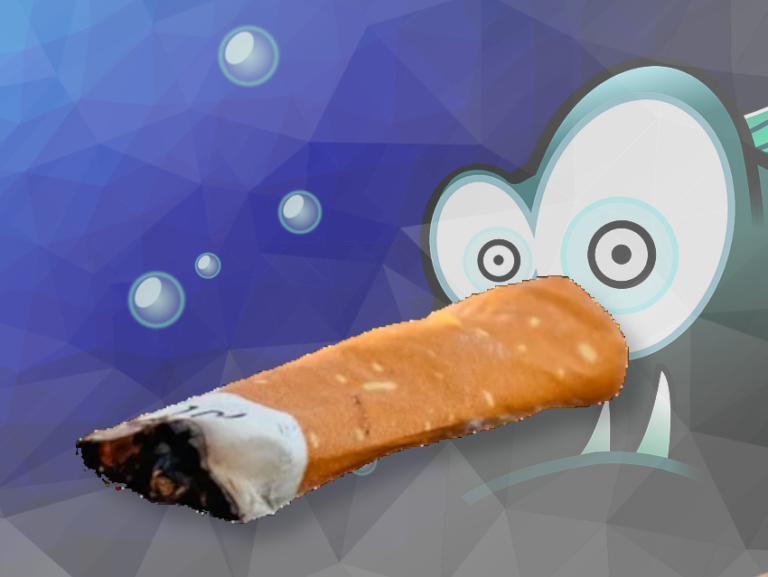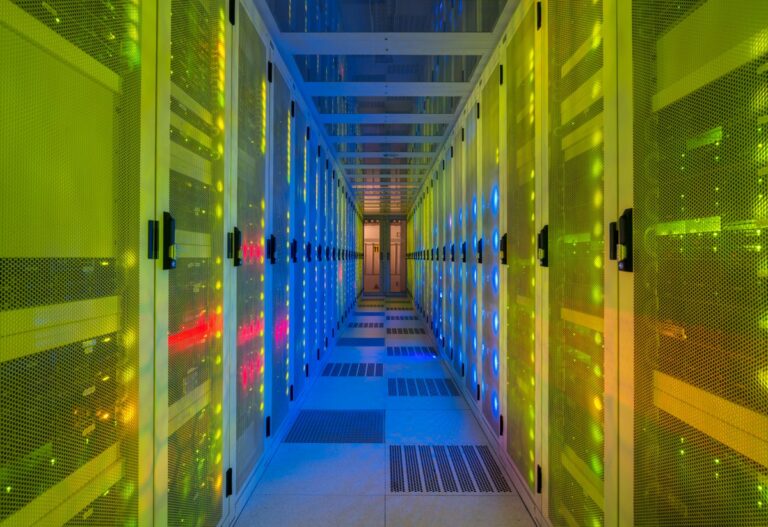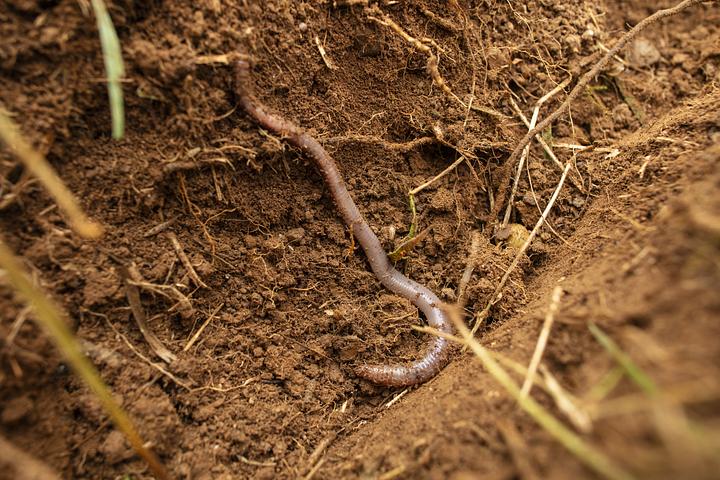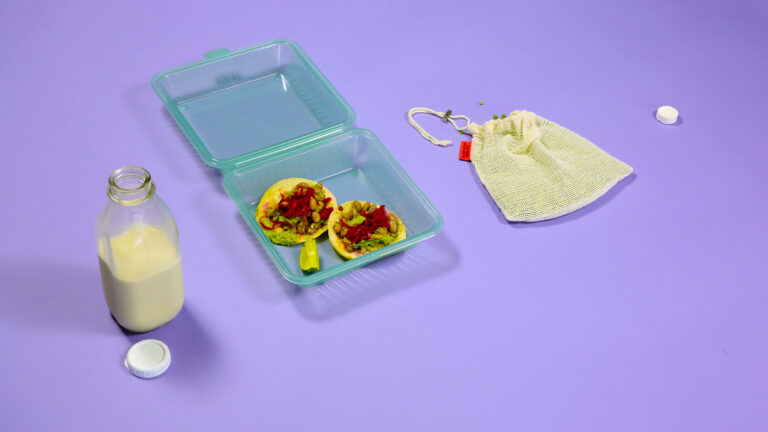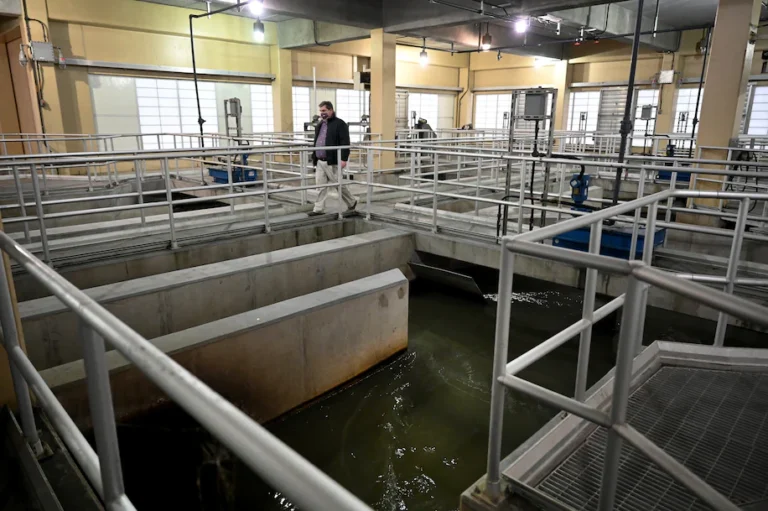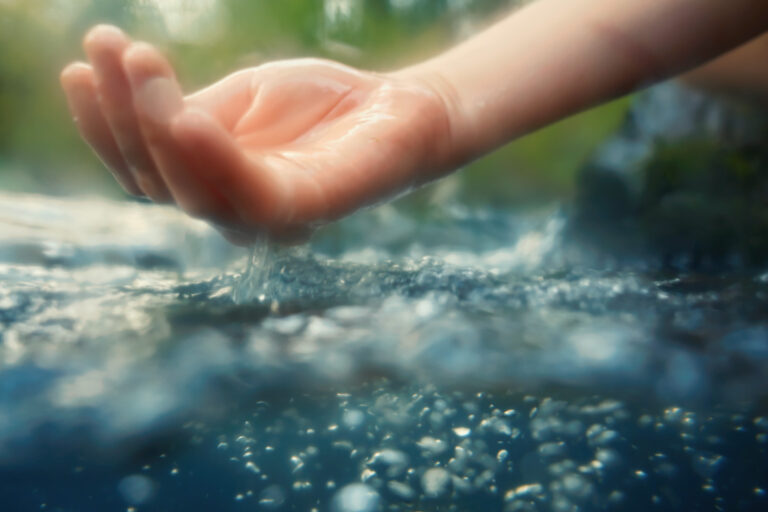How Cigarette Waste Is Changing Aquatic Ecosystems
Around 90 % (4.5 trillion) of cigarettes consumed globally are improperly discarded, making cigarette butts one of the most common waste types. They contain harmful chemicals such as metals, nicotine, and polycyclic aromatic hydrocarbons, which leach into water and threaten aquatic life. Nicotine dissolves readily in water, with approximately half leaching out from cigarette butts…

